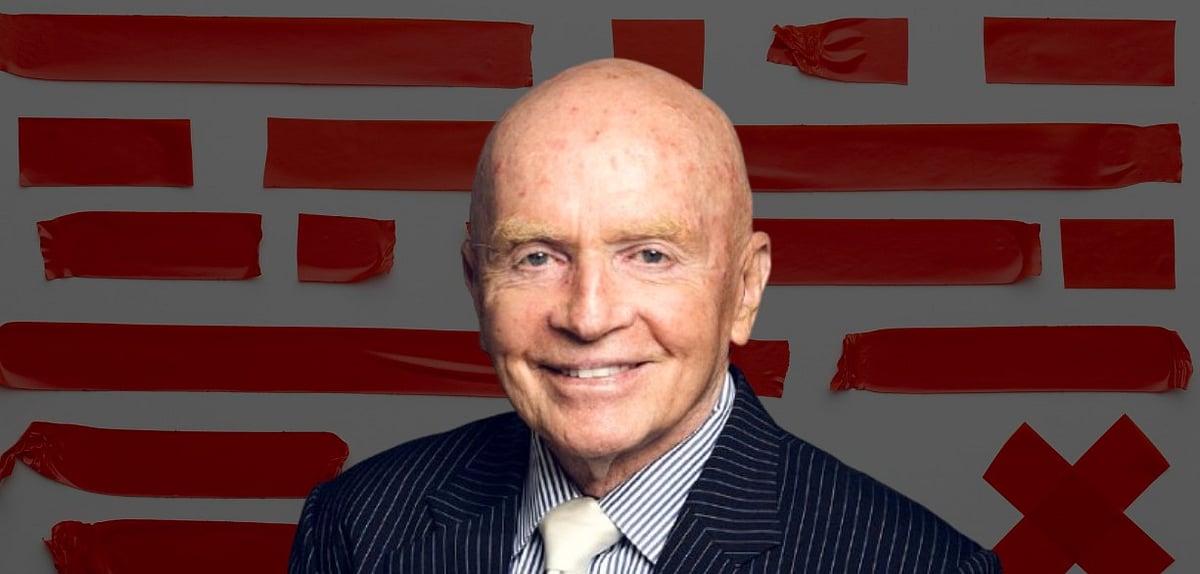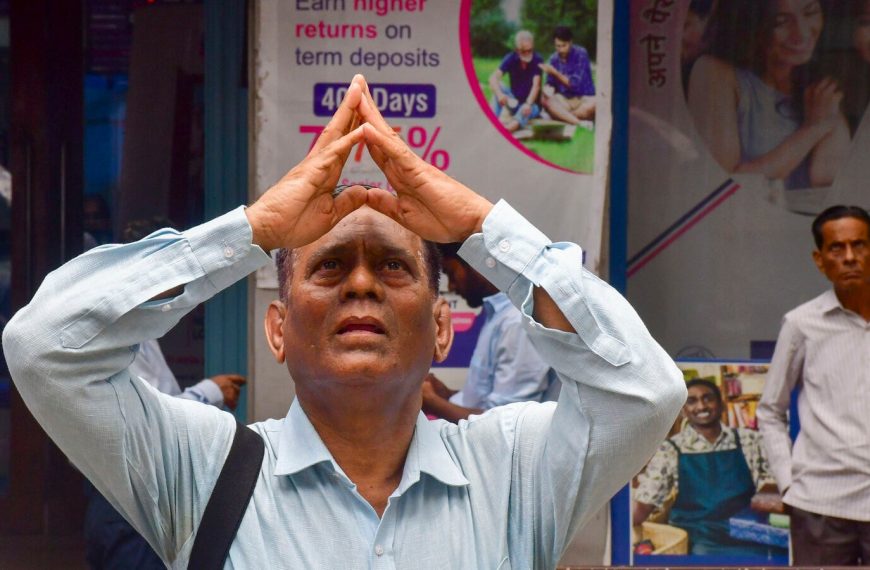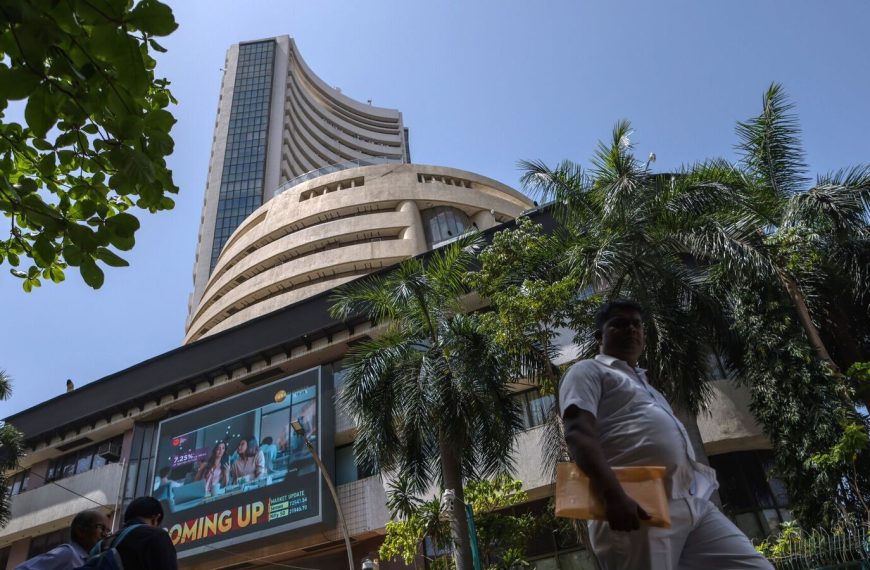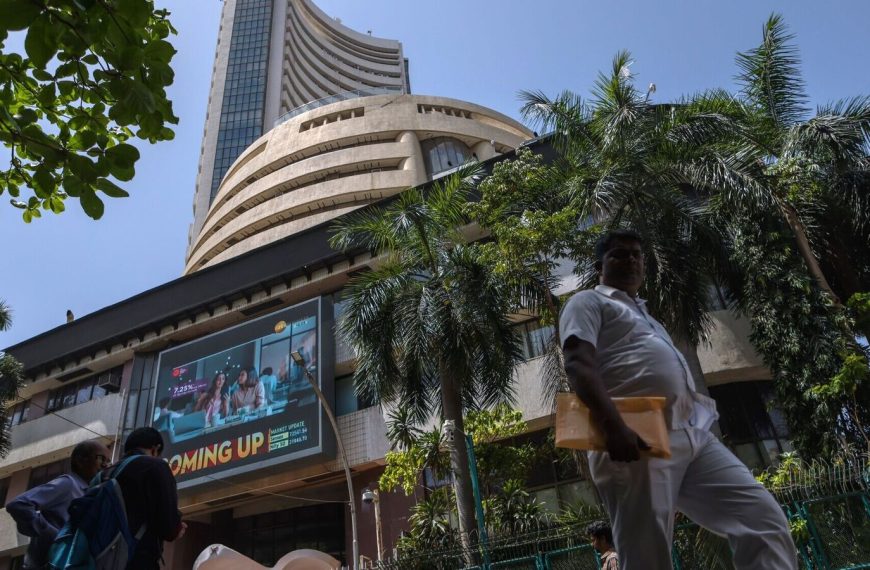Renowned investor Mark Mobius believes that emerging markets, particularly India, stand to gain significantly as foreign investment in the United States diminishes. However, he raises concerns about the cumbersome bureaucracy that may hinder India’s potential to fully leverage these opportunities.
The Challenge of Bureaucracy in India
Mobius describes the bureaucratic landscape in India as “incredible,” noting that it recently took three months for his new India-focused fund to receive necessary approvals. “India has substantial funds available but struggles to access them. Streamlining processes for opening accounts and investing is crucial,” he emphasized.
Despite his optimism regarding Indian equities, a significant portion of his fund’s capital remains uninvested due to slow approval processes from Indian authorities. Currently, 95% of his fund is held in cash, reflecting a cautious global outlook.
The Broader Investment Landscape
Mobius remains a strong advocate for equities, asserting that they are the premier asset class globally, even in today’s market. “This is where future growth will emerge,” he stated. Nevertheless, he acknowledges that in the face of geopolitical uncertainties and unclear regulatory frameworks, “cash is king.” This reality leads him to advise waiting for a clearer investment climate before committing funds, especially in India, where opportunities exist alongside access challenges.
Focus Areas Amidst Tensions
Despite ongoing India-Pakistan tensions, Mobius continues to favor Indian equities, viewing the situation as a long-standing issue that does not significantly impact the market. His investment strategy highlights sectors such as domestic consumption and housing. He also anticipates a significant surge in electronics exports as companies worldwide shift their supply chains away from China. “Restrictions on imports from China will catalyze a boom in electronic exports,” he remarked.
Forward-Looking Insights
On a global scale, Mobius foresees at least six months of uncertainty. Although potential interest rate cuts in the U.S. might encourage equity investments, the robust dollar and increasing market volatility are causing investors to rethink the U.S. as a safe haven. “There will be hesitance in placing money in the U.S. in the near term,” he noted.
When asked about the viability of the telecom sector in India, Mobius expressed caution, stating, “The competition is extremely fierce; we are very careful with telecom investments.”
In conclusion, while India has the potential to attract foreign investment and foster growth, overcoming bureaucratic hurdles will be essential for tapping into its full economic promise. As investors like Mobius navigate these complexities, the emphasis on clear regulatory environments and operational efficiency remains vital.











